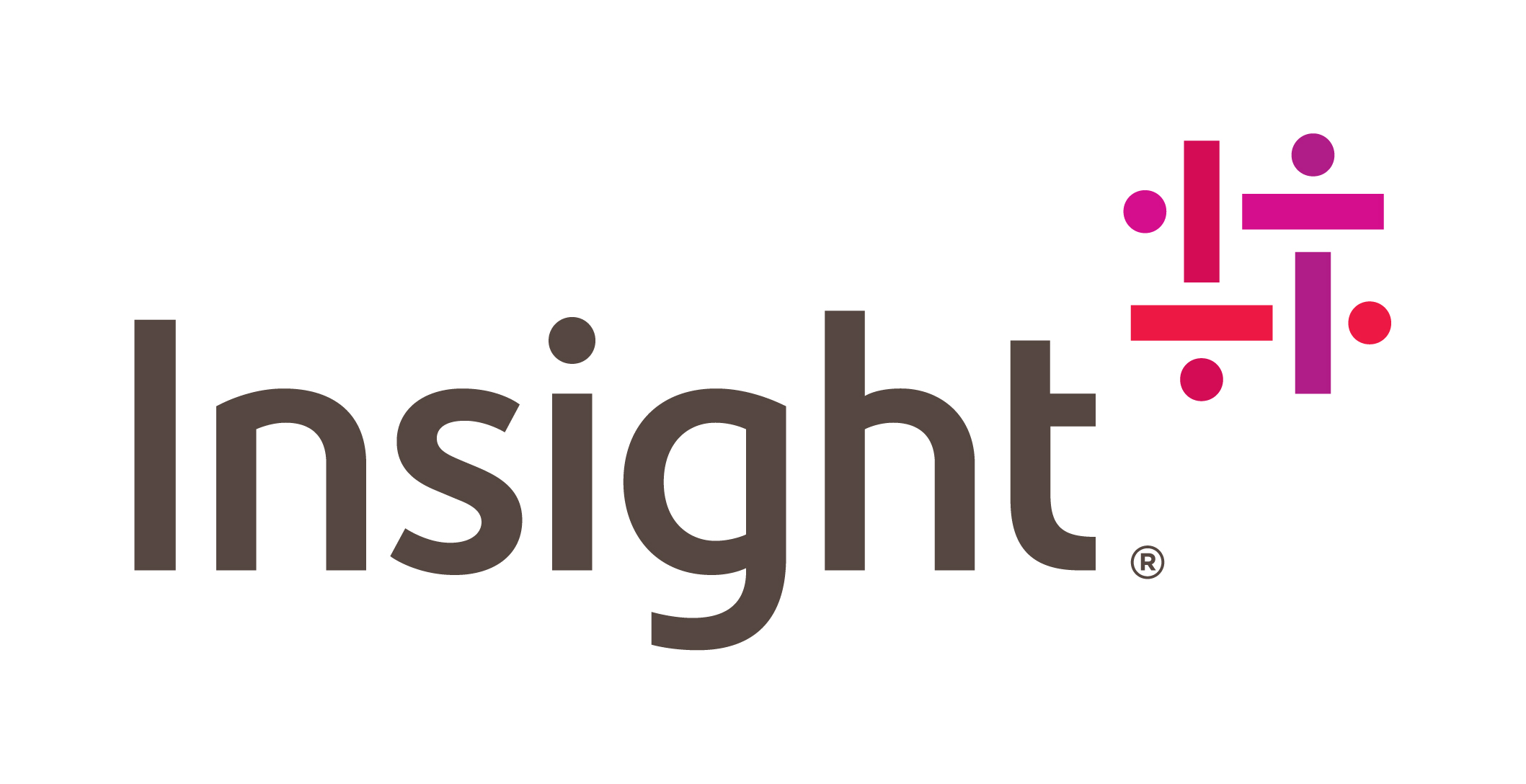The potential of artificial intelligence to revolutionize healthcare is undeniable. From personalized treatment plans to predictive diagnostics, AI in healthcare offers a pathway to improved patient outcomes and streamlined operations. However, the journey from promising AI prototypes to impactful, production-ready solutions is fraught with challenges. Many healthcare organizations find themselves grappling with the complexities of scaling AI initiatives, resulting in a significant gap between envisioned potential and realized impact.
We see countless innovative AI models developed within research labs and pilot programs, yet a startling percentage of these never translate into tangible clinical or operational improvements. Industry data, including insights from Gartner, suggests that less than 50% of AI models ever make it to production. This underscores a critical need for a more strategic and robust approach to AI deployment within the healthcare sector.

As Managing Director of Healthcare and Life Sciences, Professional Services at SADA, I’ve witnessed firsthand the hurdles organizations face in this transition. We’re not simply talking about technical challenges; we’re addressing fundamental shifts in how healthcare organizations approach AI integration. The complexities of model drift, bias mitigation, and the need for specialized MLOps/LLMops expertise create a landscape that demands careful navigation.
The reality is, the skill set required for AI model development differs significantly from that needed for deployment and ongoing support. This disparity, coupled with a lack of clear goals, robust governance, and scalable platforms, often leads to promising artificial intelligence initiatives languishing in the prototype phase.
Navigating AI in healthcare: 6 essential insights to overcome deployment complexities and improve health outcomes
The journey from AI prototype to production in healthcare is not a simple linear path. It demands a keen understanding of the unique challenges and a proactive approach to overcoming them. To ensure your AI initiatives translate into meaningful patient outcomes and operational efficiencies, consider these six critical insights on integrating AI in healthcare:
1. Model drift is inevitable: Plan for continuous monitoring

Healthcare data is inherently dynamic, constantly evolving due to changes in patient demographics, treatment protocols, diagnostic tools, and even regulatory landscapes. Consequently, AI models trained on static datasets will inevitably lose accuracy over time. This phenomenon, known as model drift, can lead to inaccurate predictions and potentially harmful clinical decisions. Therefore, healthcare organizations must implement robust continuous monitoring systems to detect drift early. This involves establishing pipelines for real-time data analysis, setting up automated alerts for performance degradation, and developing strategies for rapid model retraining.
2. Bias in AI: An ethical imperative
AI models are trained on historical data, which may reflect existing biases in healthcare practices. These biases can lead to disparities in patient care, with certain demographic groups receiving less accurate diagnoses or less effective treatments. Addressing bias is not just a technical challenge; it’s an ethical imperative. Healthcare organizations must adopt rigorous testing and validation procedures to identify and mitigate bias. This includes using diverse datasets, employing fairness metrics, and establishing ethical review boards to oversee AI development and deployment.
3. MLOps and LLMops: The skill gap is real

While data scientists excel at model development, deploying and maintaining AI models at scale requires a different set of skills. MLOps (Machine Learning Operations) and LLMops (Large Language Model Operations) professionals are essential for building robust deployment pipelines, automating model management, and ensuring continuous performance. Healthcare organizations must invest in training or partnerships to bridge this skill gap. This includes developing internal expertise in containerization, orchestration, and cloud-based AI platforms.
4. Clear goals and governance: Your AI in healthcare compass
Without a well-defined strategy, AI initiatives can quickly lose focus and direction. Healthcare organizations must establish clear, measurable objectives for each AI project. This involves defining specific use cases, identifying key performance indicators (KPIs), and developing a robust governance framework. This framework should address ethical considerations, data privacy, regulatory compliance, and risk management. It should also establish clear roles and responsibilities for AI development and deployment.
5. Scalability: The foundation of impact

Many organizations struggle to scale their AI solutions beyond pilot projects. This is often due to inadequate infrastructure and a lack of planning for growth. Healthcare organizations must invest in scalable platforms that can handle the demands of production-level AI. This includes leveraging cloud-based solutions, adopting microservices architecture, and implementing automated scaling mechanisms. These actions ensure that AI models can handle increasing data volumes and user traffic without compromising performance.
6. The “unused gym pass” syndrome: Don’t waste your investment
The ‘unused gym pass’ analogy perfectly illustrates the wastefulness of AI investments that never translate into real-world impact. Too often, AI prototypes remain confined to the lab, hampered by underestimated deployment complexities. To avoid this pitfall, healthcare organizations must adopt a product-focused mindset from the outset. This means treating AI deployment as an ongoing, iterative process, not a one-time event. It encompasses the entire AI lifecycle, from data collection and model development to deployment, monitoring, and continuous improvement.

Adopting a product mindset involves establishing feedback loops, implementing agile development methodologies, and fostering a culture of continuous learning. By treating AI as a product, healthcare organizations ensure their models remain relevant, effective, and aligned with evolving needs. This approach directly combats the ‘unused gym pass’ syndrome, ensuring your AI investment delivers tangible results.
To further explore how these principles translate into actionable AI solutions for healthcare, I recently presented a session at Google Next ’25, which I invite you to view on-demand for a more in-depth discussion.
Partner with SADA to navigate AI in healthcare and accelerate deployment

At SADA, we understand the unique challenges healthcare organizations face in deploying AI solutions. We’re committed to helping you bridge the gap between prototype and production, ensuring your AI investments deliver tangible results. Here’s how we can assist:
- Tailored AI scaling solutions: We leverage our deep partnership with Google Cloud to provide customized AI scaling solutions, addressing your specific needs and infrastructure requirements. We help you build robust, scalable platforms that can handle the demands of AI in healthcare.
- MLOps and LLMops expertise: Our team of experts possesses extensive experience in MLOps and LLMops, enabling us to establish efficient deployment pipelines, implement continuous monitoring, and optimize model performance. We empower your organization with the necessary expertise to manage the entire AI lifecycle.

- Strategic guidance and implementation: We provide strategic guidance on AI governance, ethical considerations, and best practices for deployment. We work closely with your team to develop clear goals, implement robust monitoring systems, and ensure seamless integration of AI solutions into your workflows.
- Google Cloud’s MLOps Maturity Model implementation: We help you implement and leverage Google Cloud’s MLOps Maturity Model to assess your current AI deployment capabilities and identify areas for improvement. This allows for incremental progress and the adoption of industry best practices.
- End-to-end product mindset: SADA assists in the transition to a strong product-focused approach, providing guidance in the end-to-end process of development, deployment, monitoring, and improvement.
By partnering with SADA, healthcare organizations can overcome AI deployment hurdles and unlock transformative potential, navigating AI in healthcare from unused prototypes to impactful solutions that improve care and efficiency. Contact us to explore how SADA’s expertise can help you achieve your AI goals. And if you’re intrigued by the power of generative AI, unleash its potential with our GenAI Journey Accelerator, featuring tailored workshops and more.
Use the form below to book your free consultation today!



